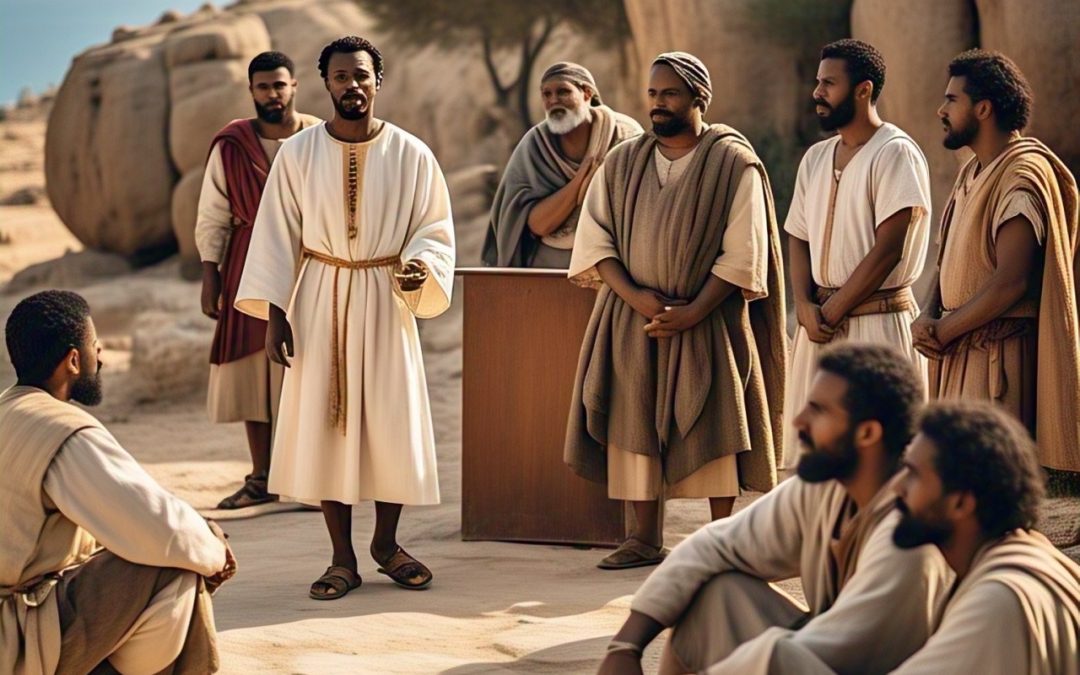The cross—Christianity’s central paradox—was an instrument of torture and death that Christians proclaim as the very site of God’s decisive victory. This appears nonsensical by conventional standards. Victory typically manifests in visible power, overwhelming force, and the defeat of enemies. Yet the cross presents the opposite: apparent weakness, submission, and defeat.
This paradox illuminates an important truth: God’s victory operates according to different principles than human conquest. On Golgotha, God achieved triumph not by avoiding suffering but by entering fully into it. What appeared as defeat—the execution of Jesus—was actually the strategic culmination of divine purpose. As Paul writes, “The message of the cross is foolishness to those who are perishing, but to us who are being saved it is the power of God” (1 Corinthians 1:18).
The hiddenness of this victory was not incidental but essential. Had God’s triumph appeared as conventional victory, it would have merely replaced one domination system with another. Instead, by concealing victory within apparent defeat, God subverted the very logic of worldly power. The cross reveals that God conquers not by coercion but by self-giving love that absorbs violence without replicating it.
Martin Luther’s “theology of the cross” captures this dynamic perfectly. God is revealed precisely where God seems most hidden in weakness, suffering, and death. The cross thus becomes not an unfortunate prelude to resurrection but the very revelation of divine character. God’s strength is made perfect in weakness; God’s wisdom appears as foolishness to the world.
This hidden victory carries profound implications. It suggests that God may be at work most powerfully where appearances suggest divine absence. It indicates that redemption often comes not by escaping suffering but by transformation from within it. And it challenges our preoccupation with visible success, suggesting that authentic victory may look like failure by worldly standards.
The hiddenness of God’s victory in the cross reminds us that divine power operates beneath the surface of history, working not through domination but through seemingly insignificant acts of love, mercy, and faithfulness that ultimately prove more enduring than empires.
Prayer
Mysterious God,
In Your wisdom, You have veiled Your greatest triumph in what appeared to be defeat. At Calvary, where the world saw only humiliation and death, You were accomplishing salvation. Where observers witnessed weakness, You were demonstrating Your greatest strength.
We confess our attachment to visible victory and tangible success. We want triumphant faith that impresses others, not the hidden victory of the cross. We seek divine power that removes suffering rather than transforms it from within. Forgive our resistance to Your upside-down kingdom.
Open our eyes to recognize Your hidden work in our lives and in our world. When circumstances suggest Your absence, help us trust Your presence. When failure seems certain, grant us faith to believe that redemption continues beneath the surface.
Teach us the pattern of the cross – that in surrender we find freedom, in giving we receive, in dying we live. May we embrace this paradoxical wisdom not merely as theological truth but as the very rhythm of our discipleship.
In our suffering, remind us that the cross was not God’s withdrawal but God’s deepest involvement. In our weakness, assure us that Your strength operates most powerfully when human ability reaches its limit.
Through Christ our Lord, who transformed an instrument of death into the means of life abundant, now and forever.
Amen.


Recent Comments